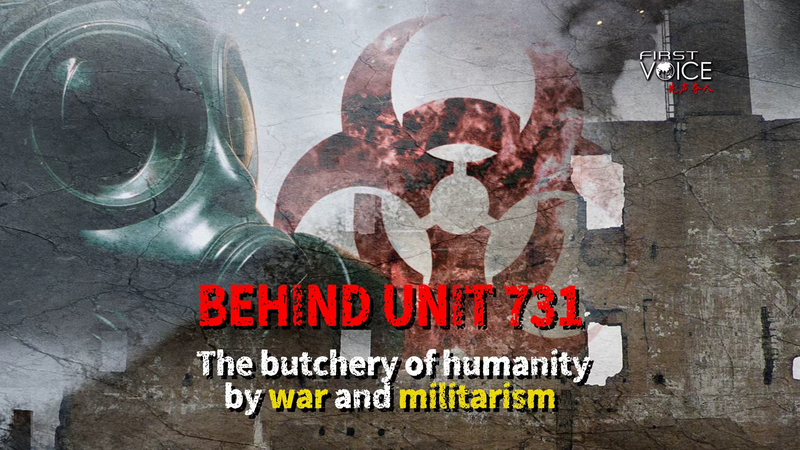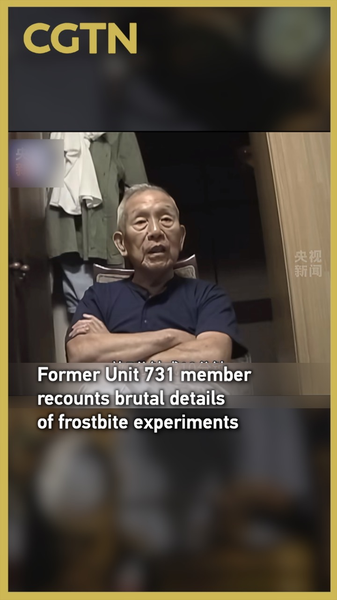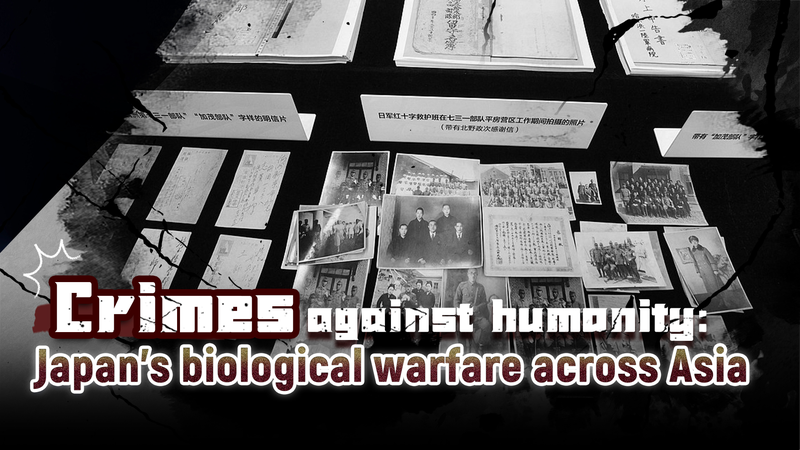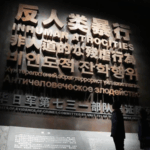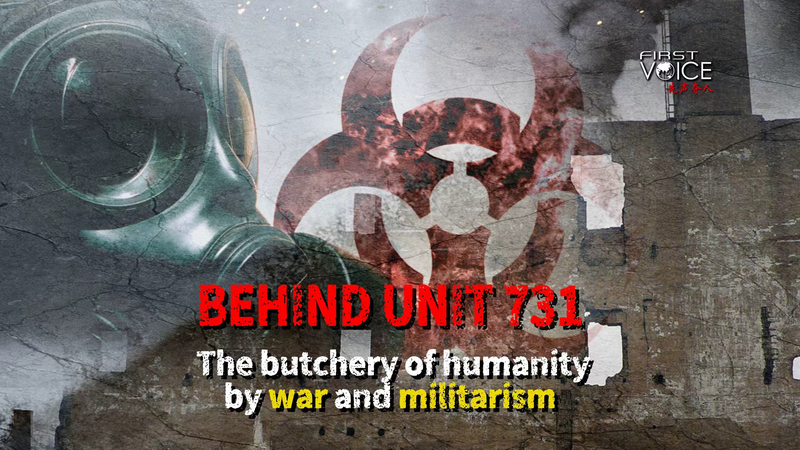In a stark reminder of war's capacity to deform humanity, CGTN's documentary Behind Unit 731 revisits one of history's most harrowing episodes: Japan's covert biological warfare program during World War II. The film reveals how medical professionals, once sworn to heal, orchestrated grotesque experiments on thousands of prisoners under the banner of militarism.
Operating in China's northeast from 1935 to 1945, Unit 731 epitomized the moral collapse of wartime Japan. Victims endured vivisection, frostbite testing, and deliberate infection with deadly pathogens—crimes meticulously documented yet systematically concealed after Japan's surrender. The documentary highlights how key perpetrators avoided prosecution through secret immunity deals with Allied powers, leaving survivors without justice.
Scholars interviewed warn that historical whitewashing in Japan risks reviving militarist ideologies. Recent debates over textbook revisions and shrine visits honoring war criminals underscore lingering tensions. For investors eyeing Asia's stability, the film serves as a cautionary tale: unaddressed historical grievances can resurface as geopolitical risks.
As cross-border travel revives, the documentary urges cultural explorers to engage critically with historical sites linked to this dark chapter. For the Asian diaspora and global citizens alike, Behind Unit 731 reinforces the imperative to confront uncomfortable truths—lest humanity repeat its gravest mistakes.
Reference(s):
Behind Unit 731 – The butchery of humanity by war and militarism
cgtn.com
